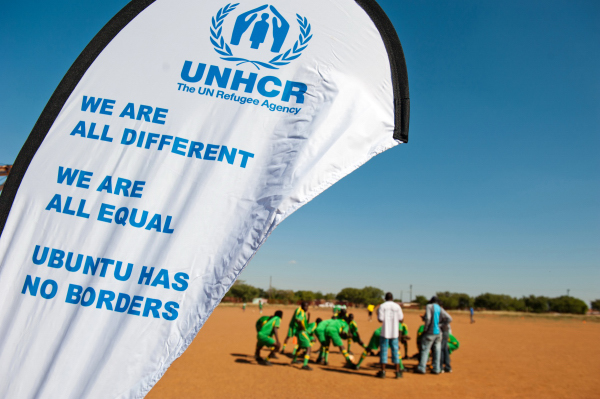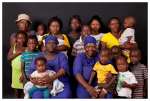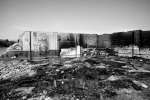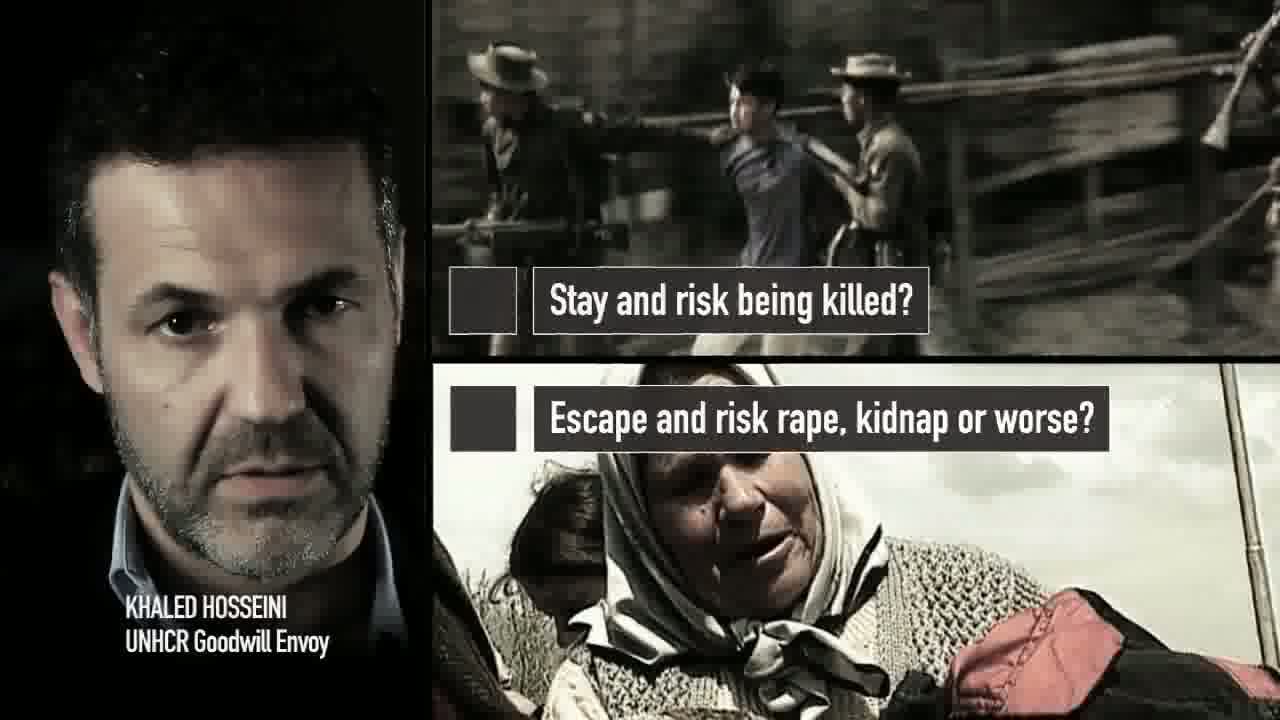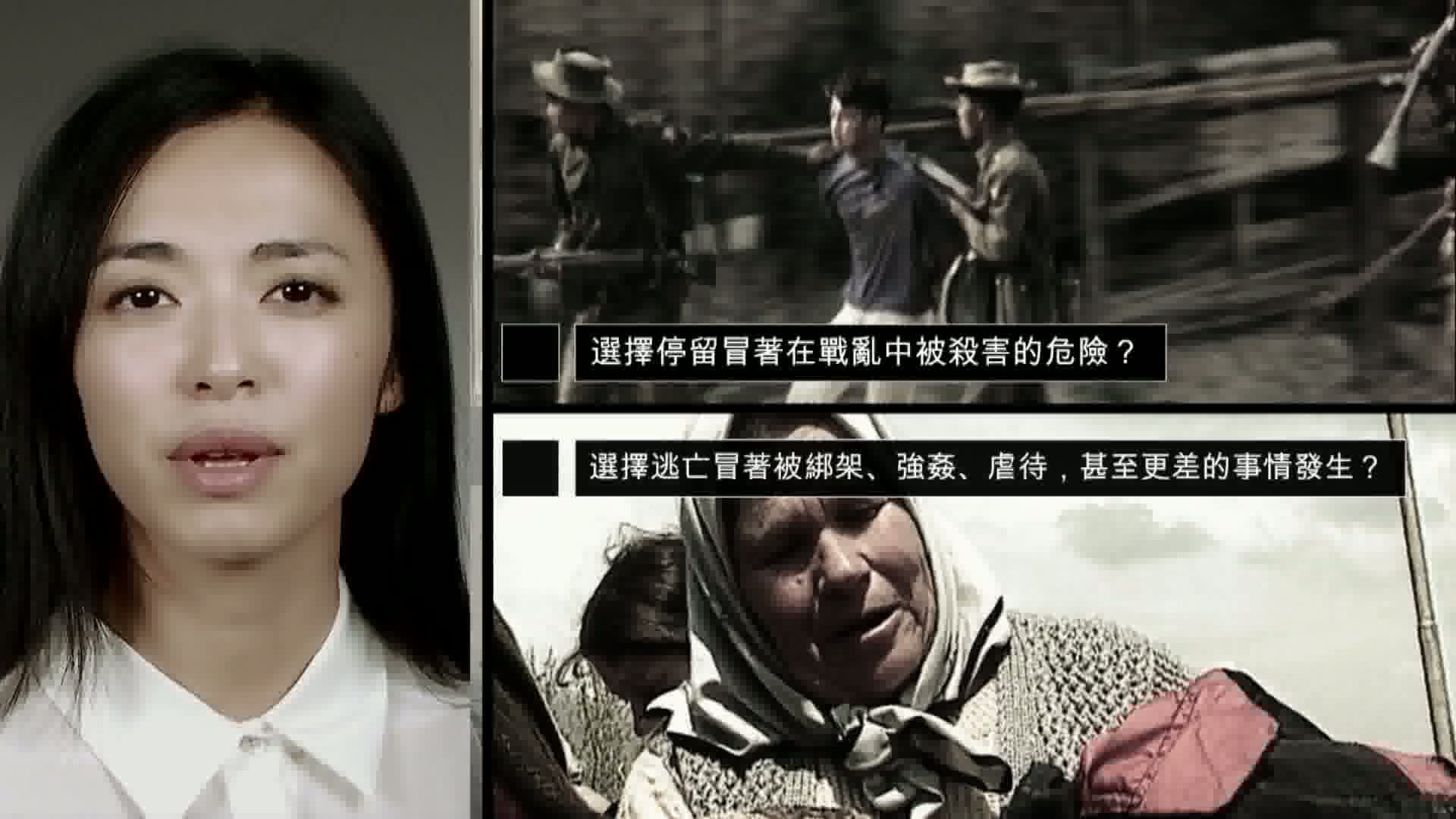Planting the seeds of tolerance in South Africa through soccer
News Stories, 10 August 2012
PRETORIA, South Africa, 9 August (UNHCR) – An asylum-seeker from Zimbabwe and a South African community outreach worker have united to create understanding in a country where xenophobia has sometimes erupted into violence.
Bradley Shonhai, 23, fled Zimbabwe in 2005 after receiving threats because of his membership in a youth group that supported the opposition Movement for Democratic Change party at the college where was studying electronic repairs.
He now is the coach of an all Zimbabwean football team based in Mabopane township that he founded in 2011. Playing allowed him to escape his money daily worries; his odd jobs fixing electrical appliances were never enough to cover expenses.
Sekia Bokaba, 43, is South African and has been working with the NGO Lesidi La Batho Centre (Light to the People) since 2011, helping youths in the township with skills training. A meeting with UNHCR and Nike got Bokaba's organization interested in launching a sport's peace project.
Bokaba attended the pick-up games the Zimbabweans played to earn a little money and then asked Shonhai if he would join the peace project.
"Bradley was extremely doubtful. He asked me, 'why are you doing this for us?'" said Bokaba. But after he explained the goal of promoting tolerance between South African and refugees, Shonhai agreed to be part of it. Next he had to get support from his own community.
"I had to explain to the political, social and community leaders in the township to get their support. They also questioned the reasons behind the project. I told them: 'Some of them are your neighbours, some rent rooms from you in your yard. Are you going to chase them away?'"
"They had no choice but to accept the project because they realised it was a good thing," said Bokaba.
Funding comes from the Ninemillion.org campaign, which was created in 2006 by the United Nations High Commissioner for Refugees (UNHCR) in partnership with Nike and Microsoft. Since then, numerous partners have supported the campaign. The overall aim is to provide more than nine million refugee youth with improved access to quality education, sport and technology.
Sport can be a powerful tool to strengthen social ties and community networks, and promote ideals of peace, solidarity, non-violence, tolerance and justice. With xenophobia being a major challenge in South Africa, UNHCR, with the support of Ninemillion.org, saw soccer as a means to promote tolerance between refugees and their host communities.
This specific project is being implemented by four NGOs in Gauteng province in South Africa – Xaveri Movement, Daveyton Environmental Youth Counsel, Altus Sport and Lesedi La Batho.
While funding is only available for a few months this year, it has enabled Lesedi Le Batho to begin a process of social cohesion in the community. "We hope to continue on this path and maybe get funding from other sources, said Chrisna Groenewald, Lesidi La Batho's managing director.
Lesedi La Batho hopes to assist the refugee soccer team to become officially registered so they can play other South African teams. On the day of a tournament, the refugee team received a full uniform kit for the first time, including soccer boots.
At the tournament, at the local secondary school, a UNHCR official explained why the refugees are in South Africa. School children nodded as they heard that these people were forced to flee, much like South Africans had to live in exile during the struggle against apartheid.
"If we can plant the seed of tolerance in just one child, then it has all been worth it," said Groenewald. Behind her Bokiba and Shonhai were heading off to organise a medal presentation.
By Tina Ghelli, in Pretoria




